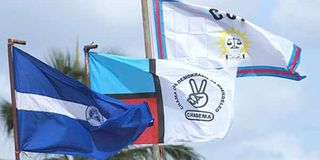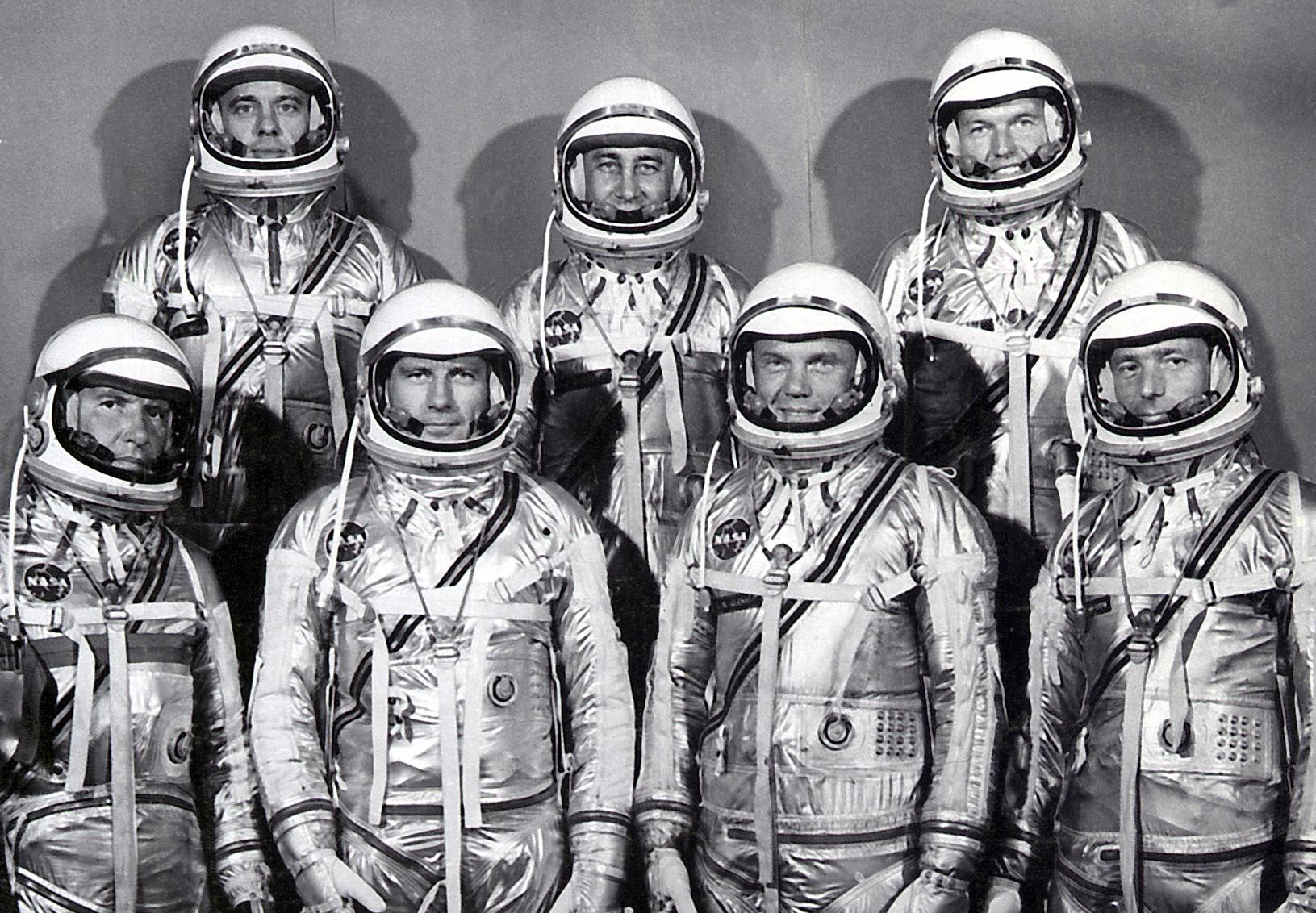Can the United Democratic Front relive Ukawa’s spirit?

Chadema, the country's main opposition party has recently struck a deal with ACT-Wazalendo that will ensure the duo don't compete foe the same seats in the upcoming August 12 by-election. Photo | File
What you need to know:
The Buyungu constituency is vacant following the death of Bilago Kasuku Bilago (Chadema) while by-elections in the 79 wards follow defection of incumbent councilors from the opposition to the ruling CCM.
Dar es Salaam. The recent pact between the main opposition party, Chadema, and ACT Wazalendo where they will support each other’s candidates in the by-elections scheduled for August 12, has been named a precursor to the much sought-after United Democratic Front (DeFront).
The new deal follows a cooperation agreement between Chadema national chairman Freeman Mbowe and ACT-Wazalendo party leader Zitto Kabwe in Kakonko District during the burial of Buyungu Constituency legislator Kasuku Bilago (Chadema).
The Buyungu constituency is vacant following the death of Bilago Kasuku Bilago (Chadema) while by-elections in the 79 wards follow defection of incumbent councilors from the opposition to the ruling CCM.
In the agreement, ACT Wazalendo will support Chadema in all wards that
the former has no candidate, same will apply to Chadema. Also Chadema will support ACT-Wazalendo councilor candidate for Gehandu Ward in Hanang District, Manyara Region. Other candidates from the two parties in the wards that haven’t been mentioned will be allowed to continue with their campaigns.
The new pact is part of Mr Kabwe’s efforts towards what he christened ‘the United Democratic Front (DeFront)’ - - an amalgam of political parties, civil organizations, trade unions and independent citizens- - for which he says is willing to sacrifice his political career to make it a reality.
The 42-year old Member of Parliament is widely known for his acknowledgment of the fact that the country needs a fundamental political reforms that in his opinion only the DeFront can help in the course of pursuing them. According to him, the DeFront is important as it keeps the national interests ahead of those of individual members.
The one question whose answer is yet to be known by those who follow the country’s political development is how this new DeFront is going to be different, in practice and principle, with the former Constitution Defenders Coalition (Ukawa).
Is the United Democratic Front touted by Mr Kabwe a substitute for Ukawa in the course of the taking of new efforts to build bridges?
The political coalition - - Ukawa- - was triggered by opposition’s rejection of the constitution making process. It was launched on October 26, 2015, after four parties signed a Memorandum of Understanding (MoU), to field and support one candidate at all levels, including the presidency, in the last 2015 General Election.
Four opposition parties—Chadema, CUF, NCCR-Mageuzi and NLD— signed the pact aimed at “unseating CCM” in the year’s polls.
Ukawa’s decision however to welcome former Prime Minister Edward Lowassa and made him run for presidency under the Coalition’s sponsorship didn’t sit well with the former Chadema Secretary General Dr Willibroad Slaa who opted to quit politics as he couldn’t agree with the decision. The former Civic United Front (CUF) national chairman Prof Ibrahim Lipumba also stepped down saying that he was not satisfied by the Coalition by allowing in those defecting from CCM.
Ukawa has also been protracted by the ongoing conflict within Cuf following a controversial bid to reclaim the chairmanship of the party by beleaguered Prof Lipumba, a move that has divided the party into two factions: that of the party’s Secretary General Seif Sharif Hamad and that of Lipumba which enjoys the support of the National Electoral Commission and the Office of the Political Party Registrar.
Apart from the intraparty conflict within Cuf the Ukawa Coalition has been bedeviled by the ongoing political situation which analysts and political leaders alike have described as a reversal of little democratic gains achieved in the country for the past two decades.
There is an overriding view that the opposition faces a Herculean task taking on the more resilient, increasingly powerful CCM, which survived the 2015 General Election when it appeared its time was over.
To face the challenge ahead, Mr Kabwe feels there is a need of forming an alliance that will protect democracy and the political advancement in recent years.
In an interview with The Citizen, Mr Kabwe says the by-election pact between his party and Chadema was definitely the harbinger of his UDF vision.
Relations between the two parties has not been good for what Mr Kabwe attributed to “historical issues.” He didn’t say what this history is but it is known that Kabwe was a member of the main opposition party and was sacked on sabotage grounds. He has since denied the allegations. “This [the agreement],” he says, “was an opportunity to right our wrongs.”
Dr Richard Mbunda, a political science lecturer at the University of Dar es Salaam, attributes the victory by Chama cha Mapinduzi (CCM) to its well-built grassroots castles.
He says unless the opposition wages a relentless war against CCM will continue winning in many subsequent elections to come. “Without building a grassroots support nothing of substance can take place,” he says.
But at the same time Dr Mbunda points out to the current government’s ban on politicking saying that with the ban it is very difficult to cultivate the grassroots support. “I think the first step to building it [the grassroots support] is for the opposition to protest against the ban so that it can be lifted.”
Speaking on the DeFront, Dr Mbunda says that what is required is the highest level of commitment to make the coalition formal and strong. He thinks that one of the weaknesses of Ukawa is that the coalition was informal and loose and thus its impacts minimal.
“The opposition parties will not be able to survive in the current fragmented formation if you take onboard the current political landscape.” To make it formal, Dr Mbunda says that if the individual parties are really committed then they should cease existing and form one strong political parties. However, Mr Kabwe is against this suggestion.
A CCM veteran politician and former Speaker Pius Msekwa said that the DeFront will not have any implication for the ruling CCM and thus the party has no reasons to be worried about its formation.
“Look at the measures taken by [President John] Magufuli in implementing the CCM’s manifesto, aren’t you satisfied with his performance?” asked Mr Msekwa.
He says as long as senior opposition’s leaders continue to defect to CCM the formation of any coalition to unseat the party is a dead-end. “The only meaning the so-called DeFront has is that those who want to form it are enjoying their constitutional freedom of association” which he said itself is ridiculous for the very formation of the alliance contradicts the belief behind its formation that it wants to safeguard democracy.
But according to a renowned professor of political science and member of Chadema central committee, Mwesiga Baregu, Mr Msekwa should have known that democracy is a process and the struggle for its prosperity is waged at any time.
He said: “I’m surprised that he says democracy exists forgetting that democracy also constitutes the rule of law and the respect for human rights a situation that is not the case in the current administration.”
Prof Baregu also gave a word of advice on the issue of forming the DeFront urging the frontrunners on the issue to think carefully of its necessity. He says that he is not against the idea but he wonders if there is really a need to have new organ while Ukawa is still existing.
“The current storms are not due to Ukawa failures but it is because of the current political situation in the country,” points out the member of the dissolved Constitution Review Commission (CRC).
Should there be genuine reasons, Prof Baregu welcomes the idea. “There’s an importance of sitting down and think. It is a precaution. As elder I have seen a lot in my life.”
However, Mr Kabwe, whose party is not a member of Ukawa, said that the Coalition is still relevant but requires to be rejuvenated with new vigor. “However UDF is a UKAWA Democratic Front. That U. [The] UDF creates an opportunity for other democratic forces to join the struggles for change.”
Although he was hesitant to give his review of Ukawa on the pretext that his party is not the member of the Coalition, Mr Kabwe said that the one lesson which needs to be taken from the Coalition is the issue of dispute resolutions mechanism. “But I’m optimistic that inclusion of civil society into the DeFront would help deal with it effectively.”
The Chadema director of Protocol, Communications and Foreign Affairs, Mr John Mrema, told The Citizen his party is still a partner in Ukawa and they are continuing to work together with other members of the coalition in the upcoming by-elections.
He said the pact between Chadema and ACT-Wazalendo is about the August 12 by-election and it is not about the DeFront. But he welcomes the idea saying that “if the goal is to unseat CCM [then] we have to cooperate.”
The same views are echoed by the CUF deputy secretary general in Zanzibar, Mr Nassor Mazrui who says despite the fact that he is not aware of the idea of forming DeFront- - as it has never been discussed in the party meetings- - he appreciates Mr Kabwe’s decision to have conceived it. He said:
“It is a good idea [considering the current situation of] deterioration of democracy [in the country,]” he says.
And how about Ukawa? Mazrui says that the coalition exists but it doesn’t bring in other stakeholders such as civil organizations and trade unions. “It [Ukawa] has not that broad scope. And because DeFront goes beyond elections and constitution Ukawa definitely falls in.”



